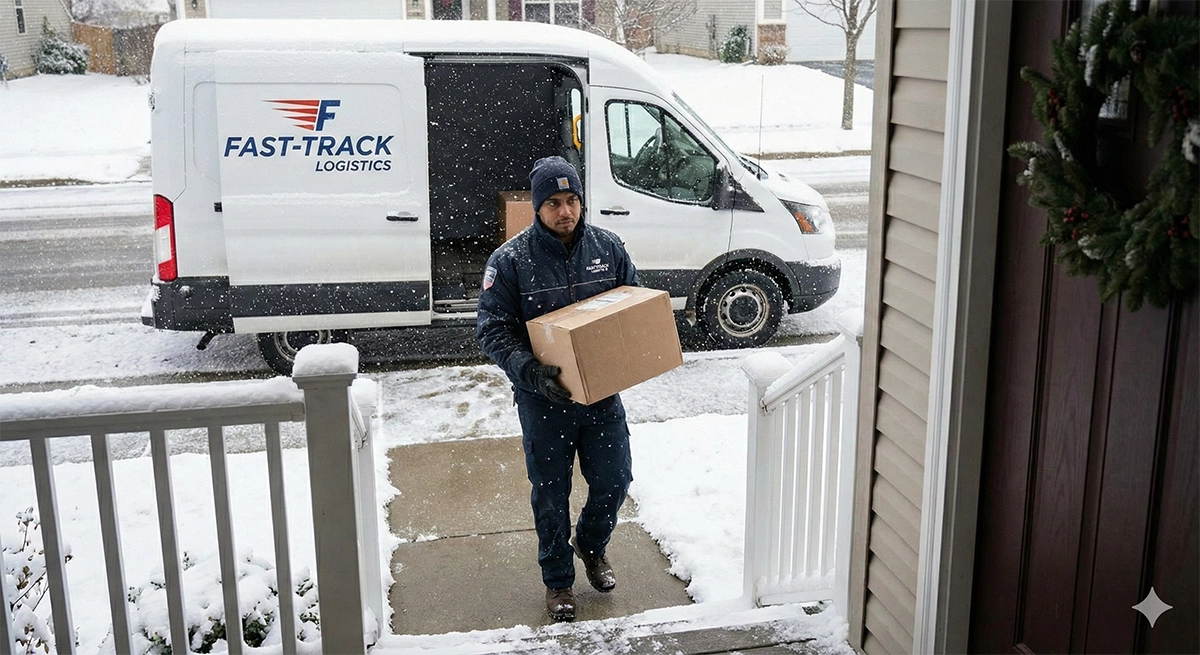The state’s workers' compensation laws were enacted more than a century ago, but business owners may not know about the state's unique regulations.
Here are five things to know about Colorado's workers' comp insurance regulations:
1. There's a limited window to submit workers’ comp claims
When a workplace injury occurs, reporting the injury as soon as possible is crucial for both the employee and employer.
Injured workers should submit written notice to their employer within four days of the incident.
After, the employer must file workers' compensation claims with their workers' comp insurance provider within 10 days.
A worker may qualify for benefits after this window of time has expired, but they could also face penalties.
2. Colorado uses a “no-fault" workers’ comp system
In Colorado, when an employee gets injured on the job and files a workers' compensation claim, the fault is not a factor.
No-fault systems puts both employers and employees at ease since workers can receive compensation regardless of the circumstances — as long as claims are submitted promptly and accurately.
In some circumstances, an employee may receive a reduced benefit if the worker's comp insurance provider determines that the employee's actions caused or contributed to their injuries, or if a controlled substance factored into the incident.
3. Even small businesses must hold a workers' comp policy
If you're new to Colorado or just starting your business here, you may not know the state requires all businesses with at least one employee to hold a workers' comp policy.
Colorado classifies anyone hired to perform services as an employee — this applies to both full — and part-time workers.
Exemptions to this rule include:
- Workers performing casual maintenance or repair work for a business for less than $2,000 per calendar year
- Part-time Private domestic and maintenance or repair workers
- Real estate agents and brokers paid by commission
- Dependent contractors with no employees and drivers working for a contract carrier
Also, corporate officers and members of LLCs who own at least 10 percent of the business may choose to exclude themselves from coverage.
4. Coverage isn't required for sole proprietors
In addition to the exclusions listed above, sole proprietors and business partners are not considered employees.
As a result, they are not required to have workers' comp insurance in Colorado.
5. Premium discounts are available
That’s right! The Colorado Division of Workers' Compensation offers a discount for business owners who show initiative in preventing accidents.
To be considered: After applying
- Apply to the Premium Cost Containment Board
- Demonstrate a commitment to risk management for at least one year
If approved, your business may qualify to receive a reduction on workers' comp premiums of up to 10 percent.
Get the right workers' comp coverage
Workers' comp insurance is a must-have for Colorado businesses, no matter their size.e.
Protect your employees and safeguard your company by partnering with a trusted insurance provider.
Our dedicated team at Pinnacol is proud to provide competitive pricing and industry expertise to over 56,000 Colorado businesses.
See if Pinnacol is the right fit for your business by getting a quote with one of our agent partners across the state. Connect with an agent to get started.













